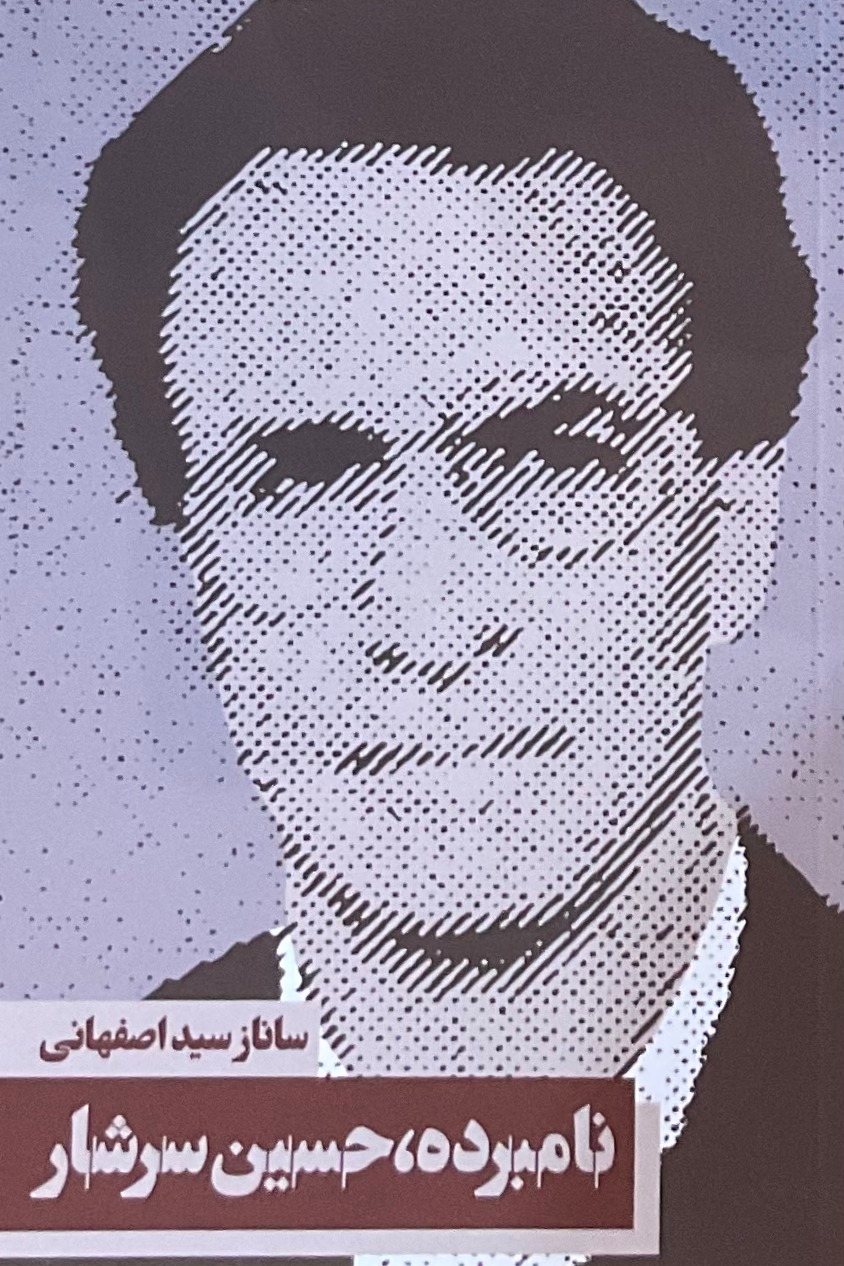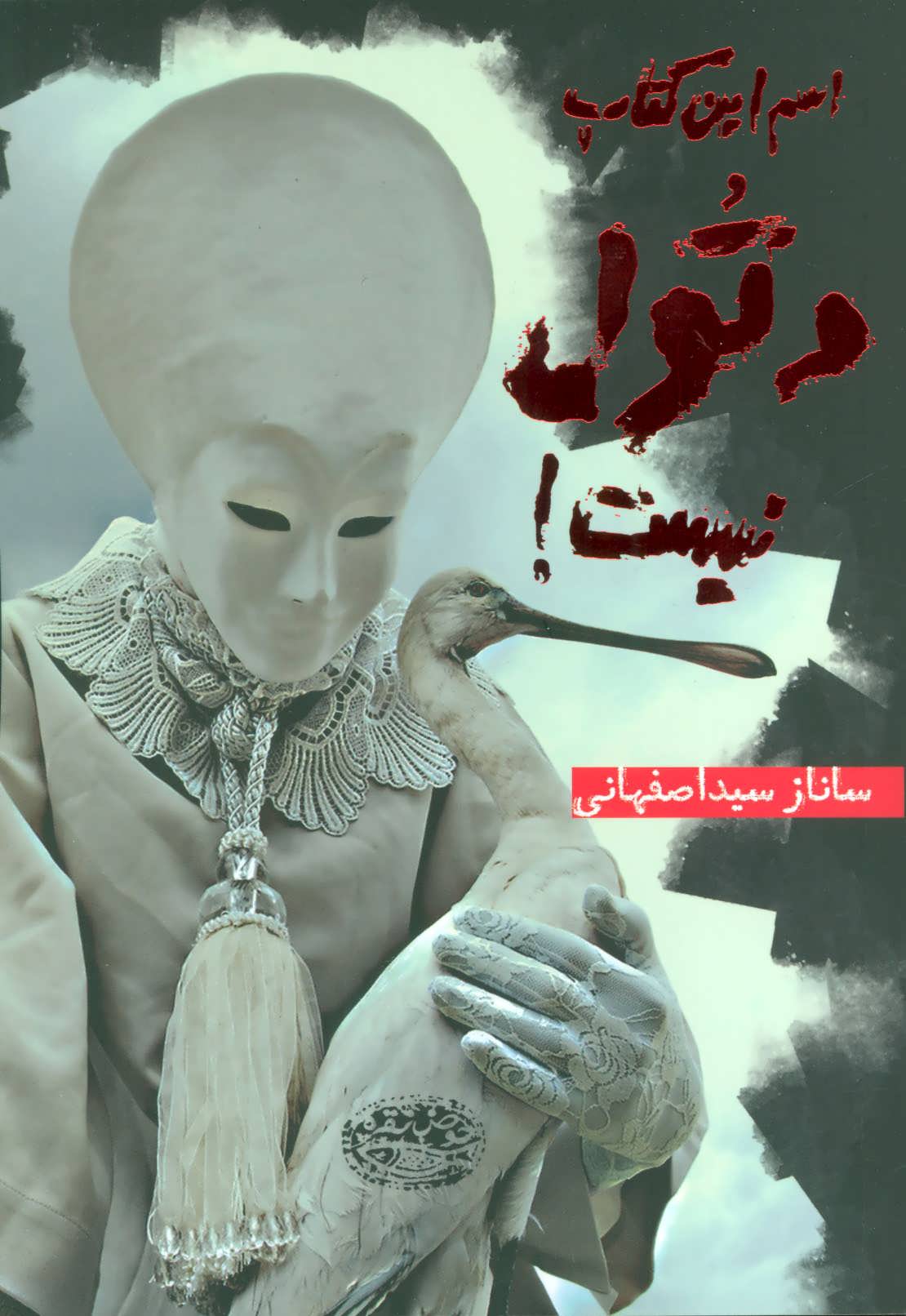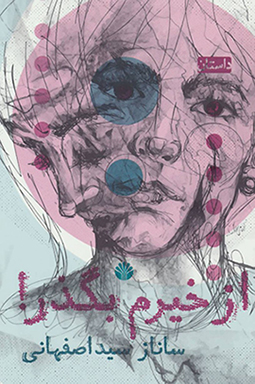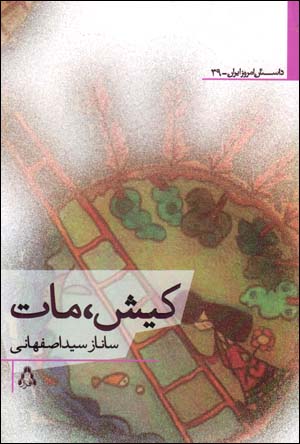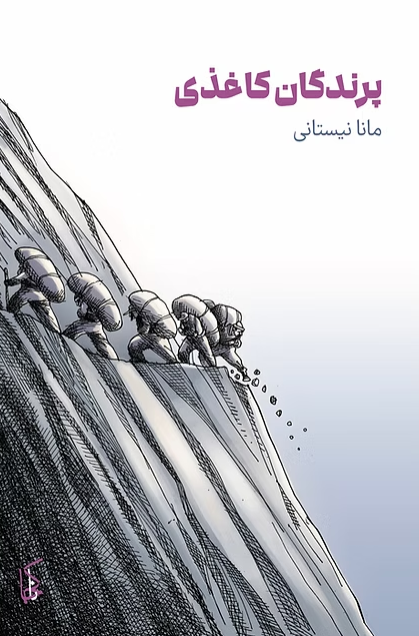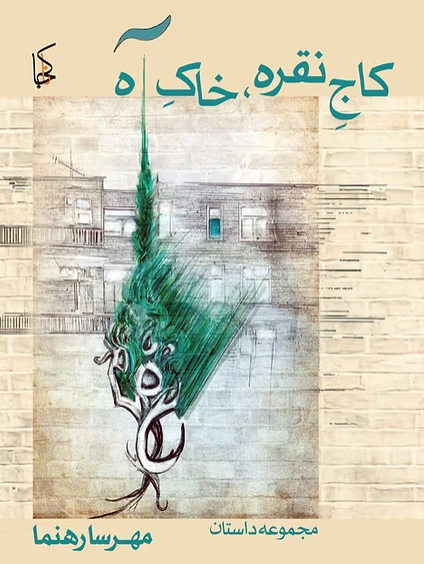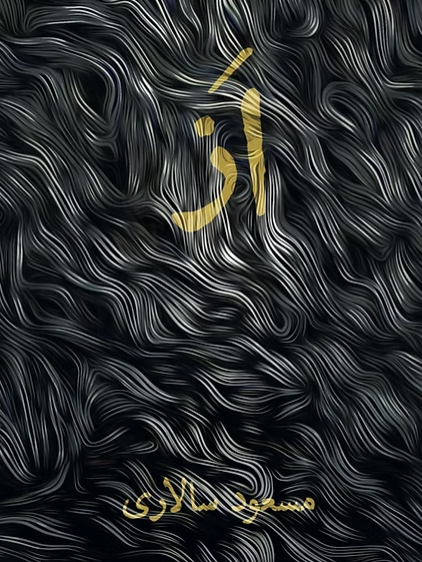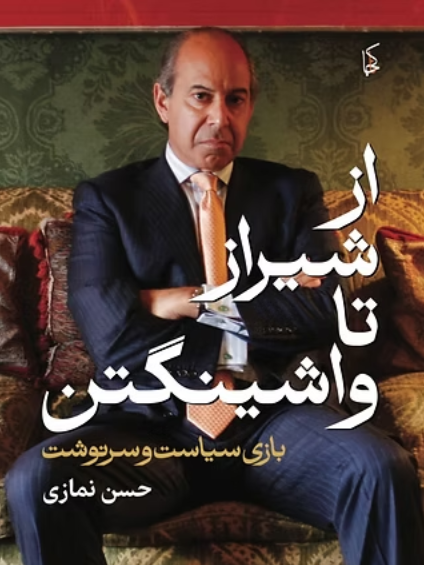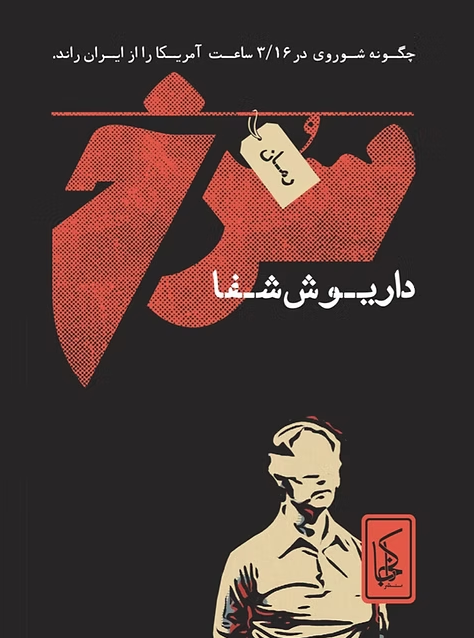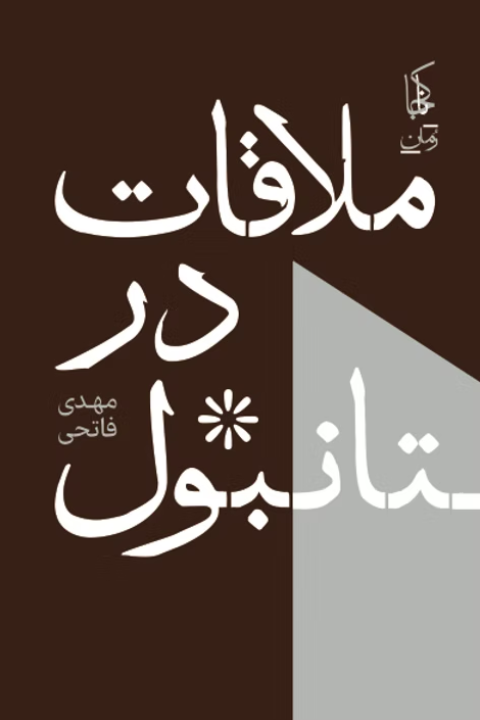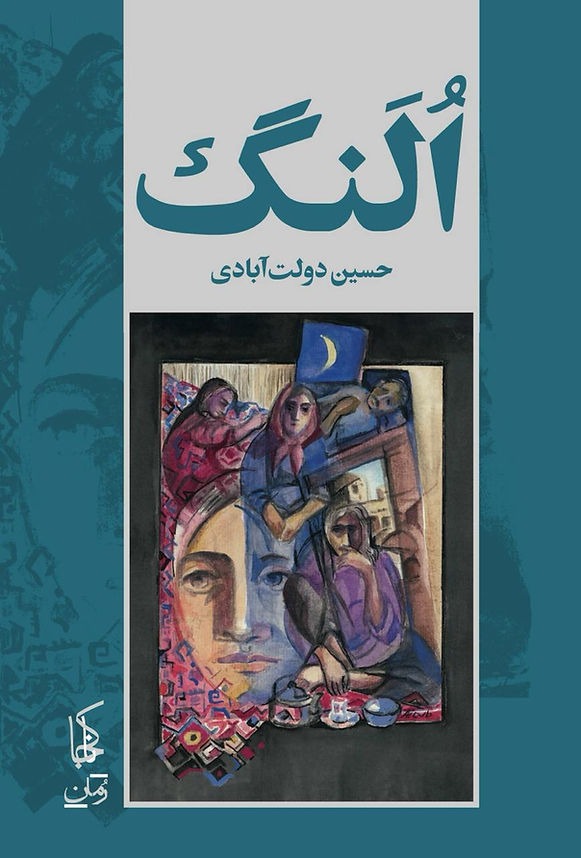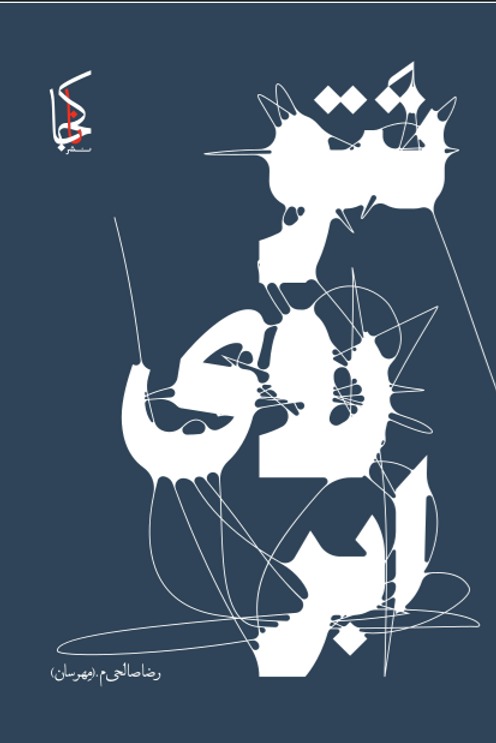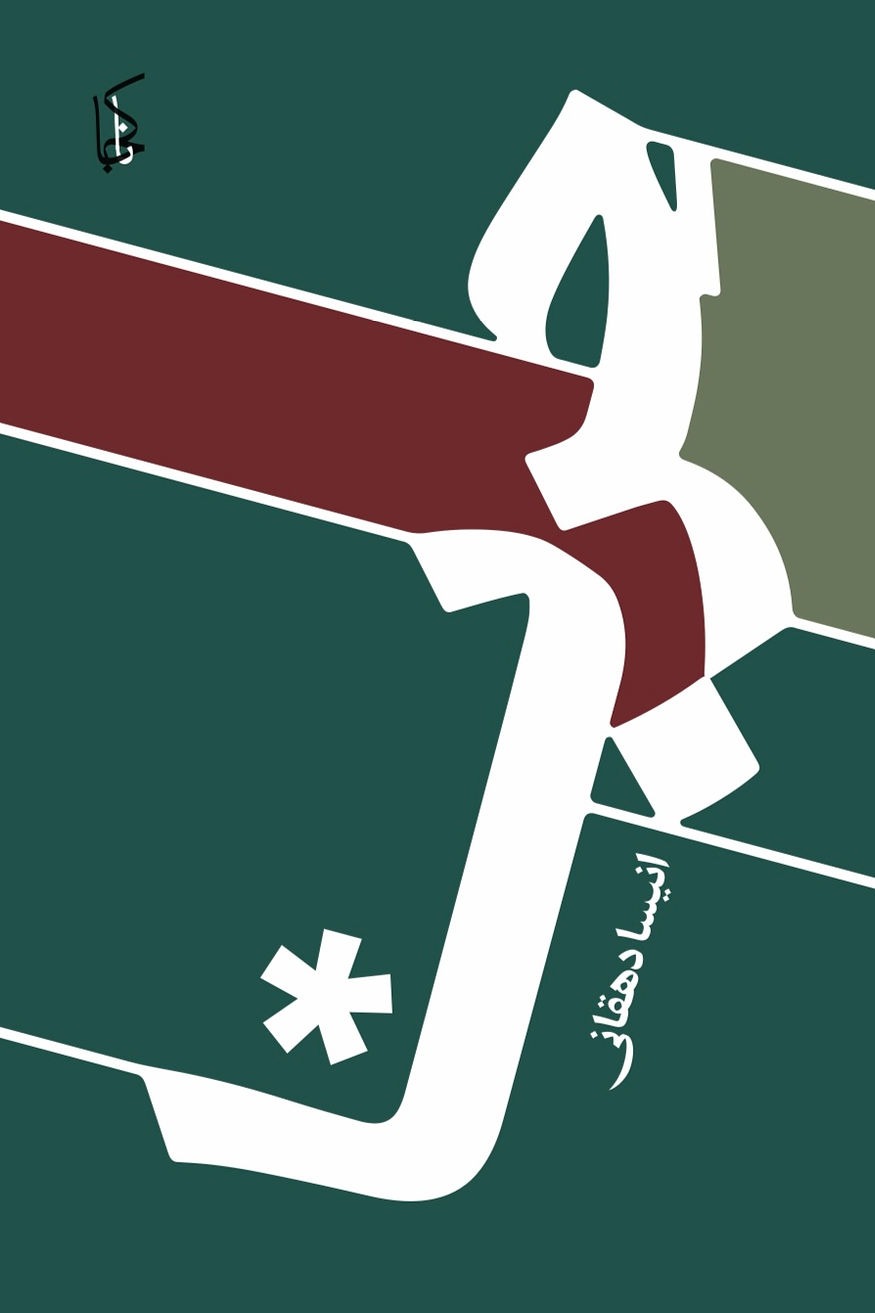Nāmburdah Ḥusayn Afshār: Persiska (Farsi) 1403
نامبرده حسین سرشار
183 SEK
Dela
Wishlist
This book contains thirteen conversations with Iranian artists, actors, and critics about the late Hossein Sarshar.
In his conversation about Sarshar’s moral qualities, Nosrat Karimi said: “Hossein Sarshar was an emotional and sentimental person. He was also very patriotic. He wanted to be in the Iranian environment. When he finished his studies in Italy, he returned to Iran to serve opera and music. That is why he returned to Iran, got married in Iran, and stayed there.” (p. 32)
In part of his conversation about Hossein Sarshar, the late Mohammad Ali Keshavarz says: “He played many roles in Italian operas, and then when he came to Iran, he fell in love with his country in a strange way. He could have returned like many others who returned, But he said that my voice belongs to the people of this country... On the set of the film "Jafar Khan Returns from the Farang", he told me how good it is that you are talking to these artists who are from here (because many Isfahan actors also starred in that film). And so I played Uncle Hussein, who loved his niece immensely". (p. 38)
Pari Samar said in his interview about Sarshar's voice: "We can say that Sarshar's voice was a dramatic baritone. Because the pieces he sang were like Verdi's. Verdi's operas are a burden on the shoulders of a dramatic baritone. Puccini and... wanted a singer who had a strong voice". (p. 101)
"The Named One, Hossein Sarshar", by Sanaz Seyed Esfahani, including a collection of interviews with Siamak Shayeghi, Houshang Golmakani, Nosratollah Karimi, Mohammad Ali Keshavarz, Shahin Farhat, Shahla Milani, Amir Ashraf Arianpour, Pari Zanganeh, Pari Samar, Ahmad Pejman, Rashid Vatandoost, and Yarta Yaran
more
این کتاب دربرگیرندۀ سیزده گفتگو با هنرمندان، بازیگران و منتقدان ایرانی است که دربارۀ زندهیاد حسین سرشار صورت گرفته است.
نصرت کریمی در گفتگوی خود دربارۀ ویژگیهای اخلاقی سرشار گفته است: «حسین سرشار آدم عاطفی و احساسیای بود. خیلی هم عِرق وطنپرستی داشت. میخواست در محیط ایران باشد. وقتی تحصیلاتش در ایتالیا تمام شد، برگشت به ایران که به اپرا و موسیقی خدمت بکند. به همین جهت برگشت ایران، در ایران هم ازدواج کرد و ماندگار شد». (ص 32)
زندهیاد محمدعلی کشاورز در بخشی از گفتگوی خود دربارۀ حسین سرشار میگوید: «او در اپراهای ایتالیا در نقشهای زیادی بازی کرد بعد هم که آمد ایران، چون به طرز عجیبی عاشق سرزمینش بود. او میتوانست مثل خیلیهای دیگر که برگشتند، برگردد؛ اما میگفت صدای من مال مردم این مملکت است .... سر فیلم «جعفرخان از فرنگ برگشته» به من گفت چقدر خوب که تو با این هنرمندها که مال اینجا هستند صحبت میکنی (چون خیلی از هنرپیشههای اصفهانی هم در آن فیلم بازی میکردند). و خب من هم دایی حسین را بازی میکردم که بینهایت پسر خواهرش را دوست داشت». (ص 38)
پری ثمر در گفتگوی خود دربارۀ صدای سرشار گفته است: «میتوانیم بگوییم صدای سرشار باریتون دراماتیک بود. چون قطعاتی که ایشان میخواند، مثل وردی بود. اپراهای وردی بارش روی دوش باریتون دراماتیک هست. پوچینی و .... خوانندهای میخواست که صدای قوی داشته باشد». (ص 101)
«نامبرده، حسین سرشار»، تالیف ساناز سیداصفهانی، شامل مجموعهی گفتگو با سیامک شایقی، هوشنگ گلمکانی، نصرتالله کریمی، محمدعلی کشاورز، شاهین فرهت، شهلا میلانی، امیراشرف آریانپور، پری زنگنه، پری ثمر، احمد پژمان، رشید وطندوست و یارتا یاران
more

